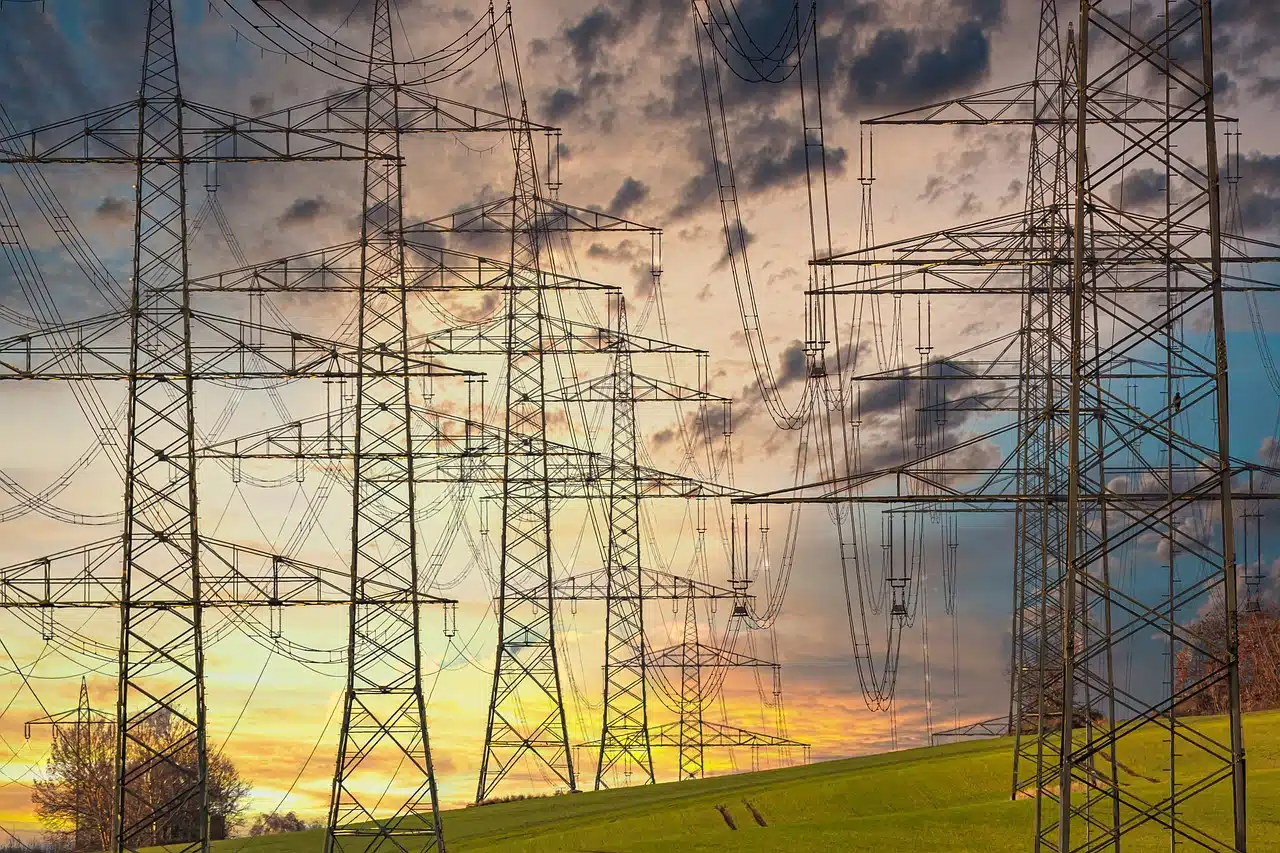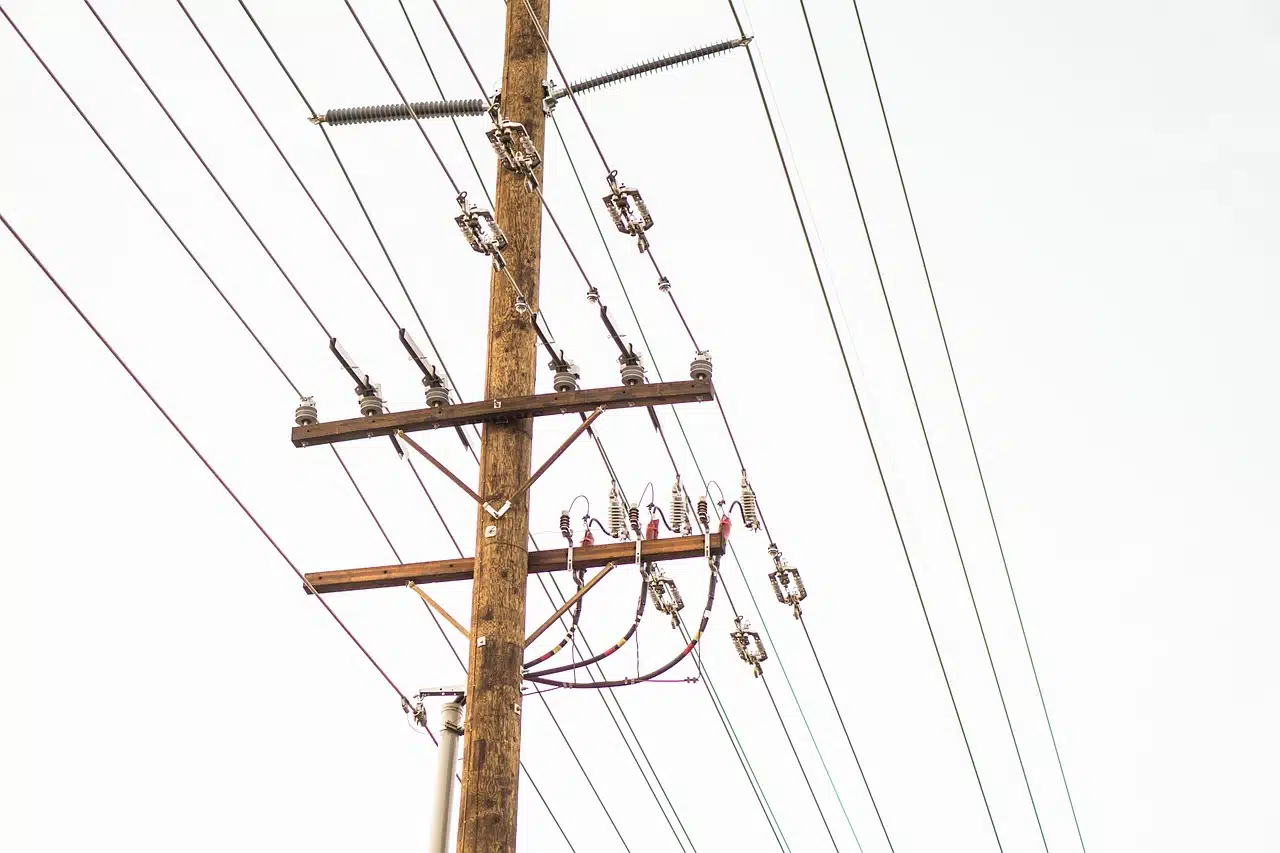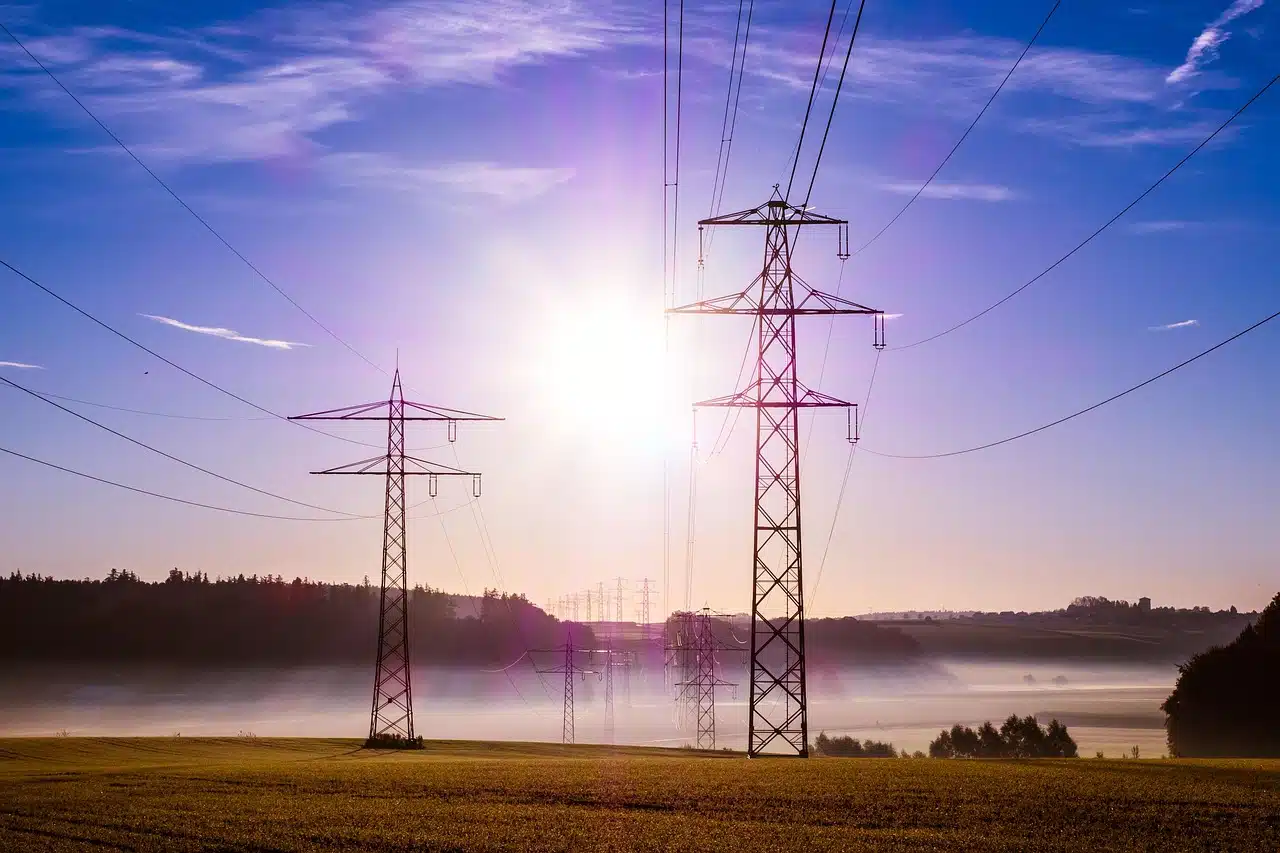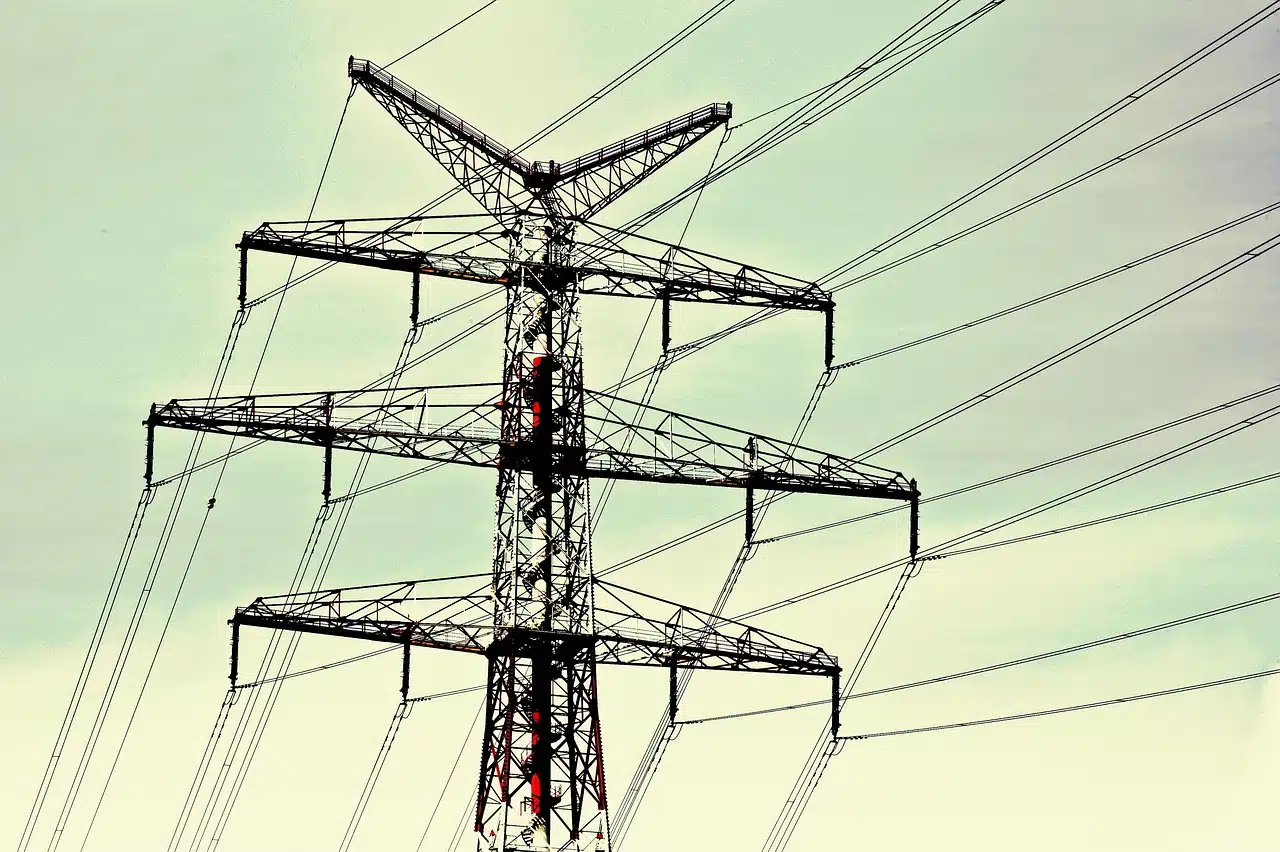The Nigerian government has proposed moving more electricity consumers to Band A electricity tariff in place of instituting another rate hike.
The Nigerian Minister of Power, Adebayo Adelabu said this while addressing the Nigerian Senate during his ministry’s 2025 budget defense before the Senate Committee on Power at the National Assembly complex.
In place of increasing electricity tariffs, Minister Adelabu proposed migrating all electricity consumers to Band A.
“90% of consumers paying tariffs on Band A have confirmed the benefits of being in Band A”, the Minister said, justifying his proposal.
The Nigerian Electricity Regulatory Commission(NERC) had, on April 3, 2024, approved an increase in electricity tariffs for customers under the Band A classification.
The Vice Chairman, NERC, Musliu Oseni, had said the increase will see the customers paying N225 kilowatt per hour (KW/h) from N66. However, in May of the same year, the Federal Government approved a downward review in electricity tariff for Band A customers to N206.80 KW/h, from N225 KW/h.
What to know about electricity banding
In October of 2023, the NERC launched Service Based Tariffs (SBT) where customers would pay tariffs according to services received. Under the SBT, customers are divided into different bands based on their geographical locations – Bands A, B, C, D and E.
Customers under Band A are those who enjoy 20-24 hours of electricity supply daily. Those in Band B are subscribers who enjoy 16 to 20 hours of power supply while Band C subscribers enjoy 12 to 16 hours of power supply daily.
Also, Band D subscribers are beneficiaries of eight to 12 hours daily power supply, and Band E subscribers only enjoy four to eight hours of electricity supply every day.
Criticism of SBT
While some have welcomed the categorisation, it has also faced criticism for being arbitrary and not accurately reflecting actual consumption patterns, causing dissatisfaction among consumers.
Energy analyst Johnson Eromosele, based in Lagos, believes the customer classification has placed undue strain on consumers, exacerbating the hardship many face.
“The recent tariff hikes, following the removal of subsidies, have placed a significant burden on consumers, especially in the current economic climate.
“While these measures are intended to make the sector more sustainable, they need to be implemented alongside strategies to improve service delivery and infrastructure to justify the increased costs,” he explained.








